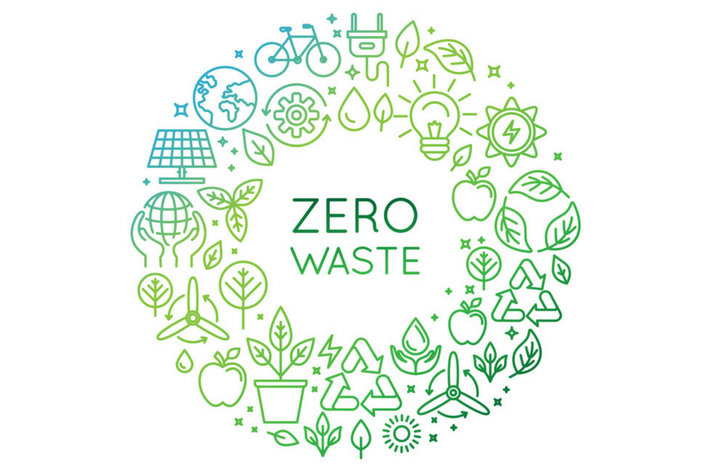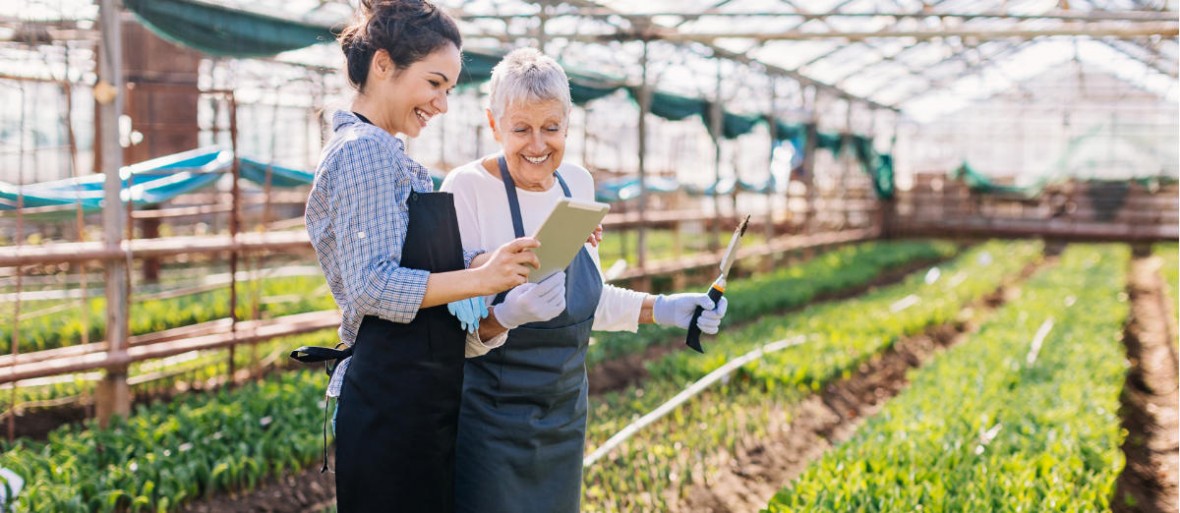Pullach, Germany – May 9, 2017: IFCO, the global leader in reusable packaging solutions for fresh foods, today released estimates quantifying the positive impact the company has had on the environment since it was founded in 1992. According to a recently published life cycle analysis and previous damage rate studies, over the past 25 years, IFCO:

• Has eliminated 3.4 billion kg of CO2 emissions, the equivalent of removing nearly 500,000 cars from the roads,
• Prevented more than 951,000 metric tonnes of solid waste, enough to fill approximately 104,000 dump trucks,
• Reduced water consumption by 43 billion litres (11 billion gallons); and
• Saved 317,982 metric tonnes of produce from damage and waste.
"Our customers’ use of IFCO’s shared and reusable assets has been driving supply chains toward a global circular economy and advancing ‘zero-waste’ goals for 25 years,’" said Wolfgang Orgeldinger, IFC0’s CEO. "We are proud to work with our retailer and grower partners to improve the sustainability of the fresh food supply chain, and to nourish and improve the lives of people around the world."
IFCO is celebrating the 25th anniversary of the company’s founding in 2017 with a series of announcements, events and a donation of 25,000 € to food banks across Europe and North America.
Since joining the Brambles family of companies in 2011, IFCO has continued to expand into new geographies and new product categories, while also growing its core business with the world’s leading retailers. Today, more than 1.4 billion shipments of fresh goods – including produce, meat, eggs, bread, seafood, dairy and other fresh items – arrive at grocery stores around the world in IFCO reusable packaging containers every year. With customers in 50+ countries spanning six continents, a pool of more than 270 million containers, IFCO has established itself as the global leader in reusable packaging systems for fresh foods. In September, IFCO announced it delivered fiscal year 2016 annual revenue of US$992 million, representing 16% growth over the prior year at existing currency.
"If all points along the fresh food value chain come together to consistently operate in the most sustainable way possible, future generations will thank us for passing onto them a better world than the one we inherited," concluded Mr. Orgeldinger.
Stay up to date
Want the latest fresh food packaging industry knowledge delivered straight to your inbox? Subscribe to our newsletter and get the latest news, trends, articles and more!
